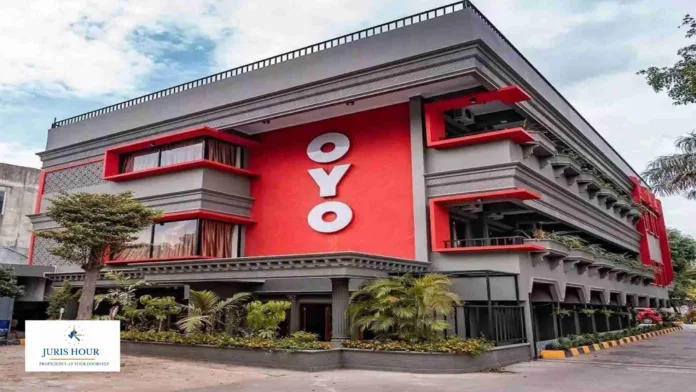The Delhi Bench of Income Tax Appellate Tribunal (ITAT) has quashed the revision under Section 263 of the Income Tax Act, 1961 on the grounds that the transactions between holding company and its wholly owned subsidiary company towards issuance of shares etc. are not covered within the ambit of Section 56(2)(viib) of the Income Tax Act.
The bench of Yogesh Kumar US (Judicial Member) and Pradip Kumar Kedia (Accountant Member) has observed that the assessment order which is subject matter of revision, cannot be branded as ‘erroneous’ per se. Thus as rightly stated on behalf of the assessee, the pre-requisites of Section 263 of the Income Tax Act are not satisfied.
As per Section 56(2)(viib) of the Income Tax Act, when a privately held company issues a share at a particular price which is greater than the Fair Market Value (FMV), tax is chargeable to the amount received in excess of FMV. As per the Finance Act 2023, this provision is now applicable for the issue of shares to both Residents and Non-Residents.
The appellant/assessee, Oyo has challenged the revisional directions towards applicability of Section 56(2)(viib) of the Income Tax Act with reference to issuance of Compulsorily Convertible Preference Shares (CCPS) by the assessment company to its holding company.
Oyo contended that it is a wholly owned subsidiary of Oravel Stays Limited (‘OSL’). During FY 2017-18 relevant to AY 2018-19, the assessee issued 33,33,333 series AI Compulsorily Convertible Preference Shares (CCPS) to its holding company at issue price of INR 150 per share aggregating to INR 49,99,99,950 (including premium of INR 140 per share). The Pr.CIT in the revisional order observed that the Fair Market Value (FMV) of CCPS as per Rule 11U of the income Tax Rules, 1962 stands at INR 33.55/- only and thus invoked s. 56(2)(viib) of the Income Tax Act with a view to tax the excess premium charged by the assessee company while issuing CCPS to its holding company.
Oyo argued that the provisions of Section 56(2)(viib) of the Income Act would not apply in the present case where the transaction is between the assessee (subsidiary company) with its 100% holding company as issuance of share to the holding company cannot be seen to involve circulation of any unaccounted money of the assessee company per se.
The tribunal observed that the twin conditions of Section 263 do not simultaneously exist in the present case. The deeming fiction of Section 56(2)(viib) would not apply in the present case and consequently, the assessment order cannot be regarded as ‘erroneous’ per se. Hence jurisdiction under Section 263 is not available to the revisional authority.
Case Details
Case Title: Oyo Hotels & Homes Pvt.Ltd. Versus Pr.CIT
Case No.: ITA No.2611/Del/2024
Date: 27.02.2025
Counsel For Appellant: Manuj Sabharwal
Counsel For Respondent: Baljeet Kaur
Read More: Are Gold Baggage Rules Unfair to Tourists? Directives By Delhi High Court

